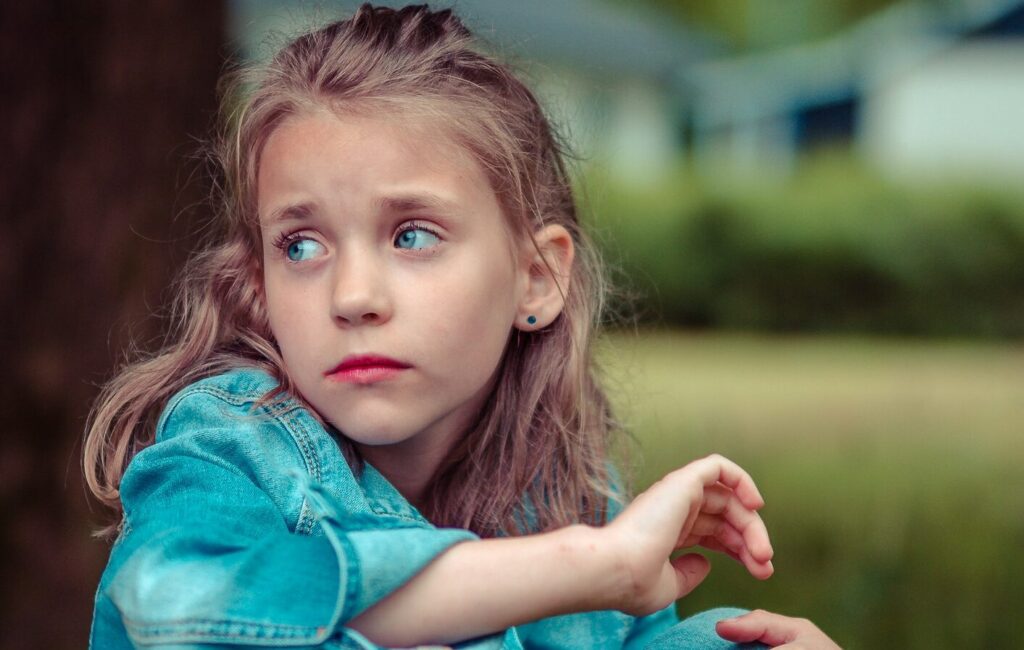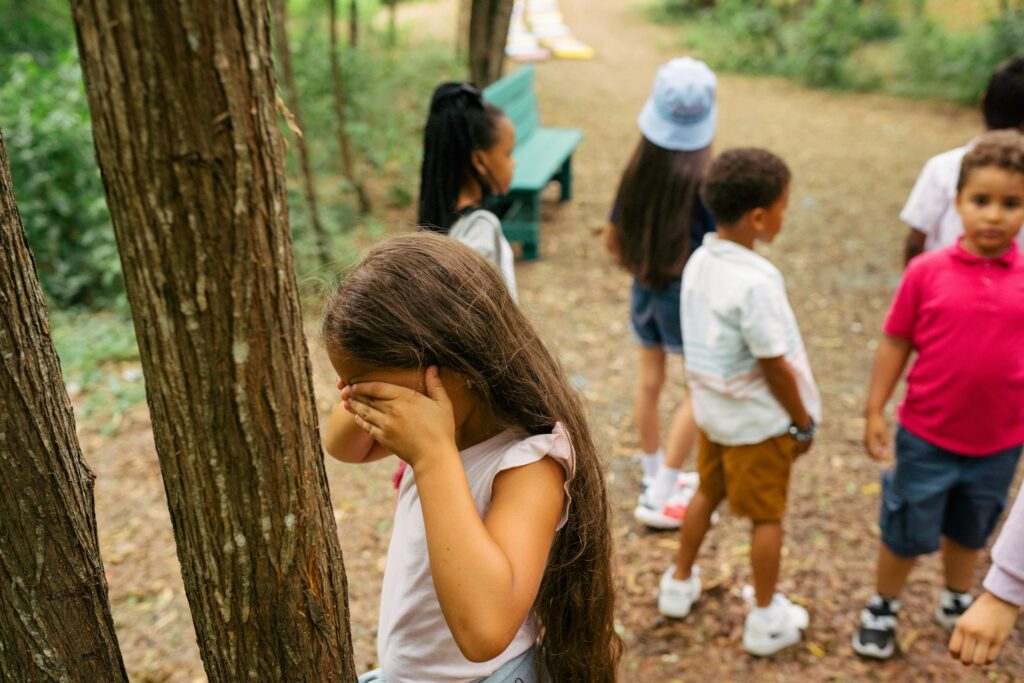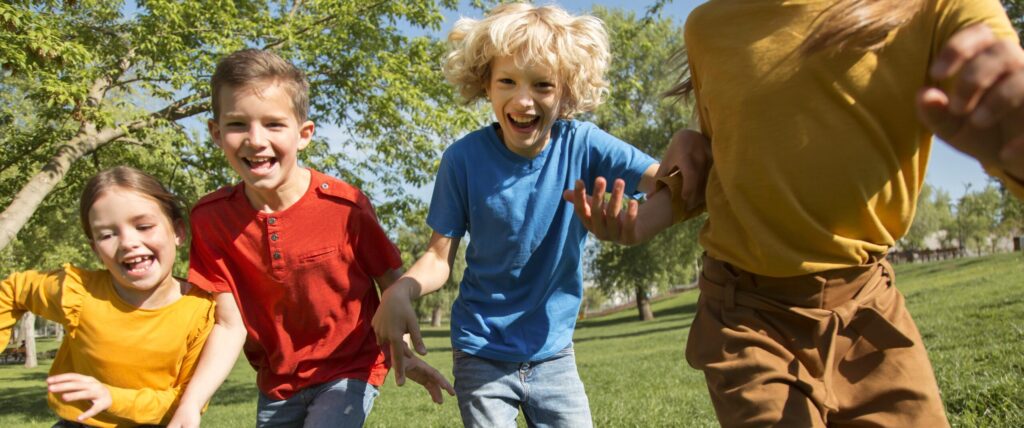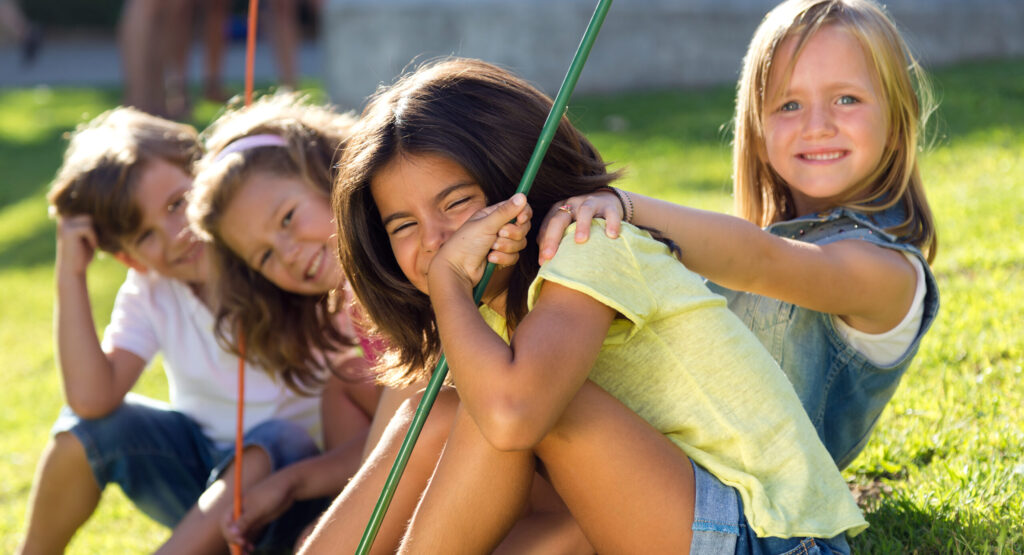Adventure camps for kids can be exciting places full of laughter, muddy wellies, and new friendships. They’re where children get to run about in the fresh air, build dens, try new skills, and explore a bit of independence. But alongside all that excitement, being away from home, meeting new people, and stepping into unfamiliar routines can sometimes trigger anxious feelings in children, even if they’ve been looking forward to going.
Recognising those signs early can make a real difference. When you know what to look out for, you’re better equipped to support your child quickly and gently. Anxiety doesn’t always show up in obvious ways, especially in a busy camp setting where it’s easy to write off signs as tiredness or nerves. This piece will walk through physical, emotional, and behavioural indicators that might suggest your child is struggling, plus how to spot them and respond calmly.
Recognising Physical Signs
Anxiety can show itself in a child’s body long before it shows in their words. Sometimes it’s the little things – the tummy that suddenly feels funny, the face that goes pale, or the child who doesn’t want their breakfast but can’t explain why. These types of signs are easy to overlook, especially on the first few days at camp where nerves are expected.
Here are a few physical symptoms to keep an eye on:
– Stomach aches or nausea with no clear cause
– Headaches that come and go throughout the day
– Unusual tiredness or low energy despite having slept well
– Sweating more than usual or flushed skin
– Clenched jaw or tense body language
– Changes in appetite, like skipping meals or eating very little
These can appear without much warning and might be brushed off as a bug or a result of running around all day. But consistent patterns, especially if a child seems uncomfortable without an obvious reason, are worth noting. For example, a child who suddenly doesn’t want to join in with messy outdoor play because they feel sick might be trying to manage rising anxiety rather than an upset stomach.
Camps are full of new experiences, routines, and expectations. For many children, that’s exciting. For others, it can feel too much all at once. As parents or carers, learning to spot the difference between typical nerves and longer-lasting physical signs of anxiety can help prevent small worries from building into big ones.
Emotional And Behavioral Indicators
Physical reactions are just one way anxiety shows up. Emotions and behaviours often tell you more, especially once a child has settled into camp and their initial nervous energy wears off. While every child is different, there are some common emotional signs that may suggest something deeper is going on.
Look for shifts or patterns like these:
– Feeling upset easily over small things
– Holding back from activities they were looking forward to
– Getting frustrated or angry quickly
– Crying more than usual
– Struggling to sleep at night or wanting to avoid bedtime
On the behavioural side, you might notice your child clinging more to a familiar adult at pick-up or drop-off, becoming unusually quiet or withdrawn, or simply refusing to take part in certain activities with no clear reason why. These behaviours are often a shield when a child doesn’t yet have the words to say they’re overwhelmed.
At camp, changes don’t always show immediately. Some children may appear fine during the day, then melt down when they get home, or seem cheerful during an activity but later express regret or upset. That delayed response is common and something to be aware of.
You know your child better than anyone. If their reactions feel out of the ordinary or if they seem more anxious than excited about going to camp, exploring those signs early on can really help ease their experience. Stay open, ask gentle questions, and give your child plenty of space to share – or not share – what’s on their mind.
Communication Cues To Watch For
Sometimes it’s not what children say, but how they say it. At other times, it’s what they don’t say at all. Verbal and non-verbal cues are key to understanding what a child might be feeling, especially in a buzzing environment like an adventure camp, where they’re surrounded by new people and activities.
Some kids will speak up, but others won’t. You might hear phrases like:
– I don’t feel right but I don’t know why
– Can I just stay near you today?
– I’m not good at this
– What if I mess up?
These comments often pop up during transitions, such as when it’s time to try an unfamiliar activity or split into groups. Short, uncertain answers or repeatedly asking to sit something out may also hint at buried anxiety. On the flip side, complete silence or withdrawal can be just as telling.
Non-verbal signals can be just as revealing. Frequent fidgeting, avoiding eye contact, or staring into space when others are engaging in a task may suggest a child is trying to mentally check out. Watch for nervous habits that suddenly appear, like nail-biting or picking at clothing. A change in body posture, from tall and curious to slouched or withdrawn, can also be a quiet message.
Give some time and space. Ask open-ended questions without pushing. Instead of asking, “Are you okay?” try something like, “How did that activity feel for you?” It’s more inviting and gives kids a way to talk without pressure to explain everything all at once.
Support Strategies For Parents And Staff
Whether your child is just starting out at camp or has been several times before, support makes a real difference. When children feel safe, seen, and guided, they’re far more likely to feel calm and open to new things.
Here are a few ways parents and camp leaders can help reduce anxiety:
1. Create familiar routines
Consistent drop-off and pick-up routines – like the same goodbye phrase each day – bring comfort, especially for children who struggle with change.
2. Be honest but encouraging
Let children know it’s okay to feel nervous. Share a personal story of when you tried something new and how you handled it. This reminds them that nerves are natural.
3. Break tasks into pieces
Help children face activities in smaller parts. Maybe begin by watching the group first, then try just one part. This keeps things manageable without feeling forced.
4. Use gentle check-ins
Camp staff can offer casual check-ins without putting a child on the spot. A simple “Hey, how was that for you?” after an activity allows space to talk if they want to.
5. Model calm behaviour
Children pick up on adult emotions quickly. If you remain calm and steady, even during emotional drop-offs, your child is more likely to feel steady too.
These steps don’t solve everything instantly, but they create a sense of safety that helps children grow through challenges instead of avoiding them.
How Confidence Grows Through Camp Life
Adventure Camps for kids in Leeds and York take full advantage of outdoor locations and meaningful activities that help children build confidence bit by bit. Structured programmes often include climbing, nature walks, survival skills, and team games – each one giving kids a chance to experience growth.
The change begins when children realise they’ve done something they didn’t know they could do. Whether it’s starting a campfire, sharing space in a tent, or leading their group for the first time, each success adds to a child’s sense of ability.
Friendships also play a strong part. Having friends to share the experience with helps children who arrive feeling nervous start to settle. One child, for example, turned up saying he was “bad at everything”. By day three, he was leading his group on a scavenger hunt. He didn’t complete every challenge, but his confidence showed in his smile and energy.
These small wins, combined with steady encouragement from experienced leaders, help children understand they can manage their feelings. They may still feel a bit nervous, but those nerves no longer need to stop them from joining in.
Helping Your Child Feel Ready To Shine
Spotting the early signs of anxiety and offering gentle support helps children ease into new experiences with greater confidence. Whether it starts with a quiet tummy ache or a hesitant voice at drop-off, anxiety is easier to manage when we take it seriously from the start.
Every child is different. Some might react with big emotions and others with quiet withdrawal. But with plenty of reassurance and time to talk things through, most begin to settle. Adventure Camps in Leeds,Yarm York offer children the right space to explore and grow in their own way. They’re guided by leaders who understand how to support children through the ups and downs of trying something new.
With patience and trust, those once-nervous campers often go on to surprise themselves. From tearful mornings to proud afternoons, they start to show just how brave and capable they really are.
For parents keen to help their kids embrace new challenges, adventure camps for kids offer an enriching environment. With welcoming programmes nestled in Leeds, York and Yarm, these camps open up a world of discovery and growth. From building useful skills to nurturing friendships, each experience plays a part in helping children thrive. Explore the unique outdoor opportunities available at adventure camps for kids, proudly delivered by us at Adventure Camps. Let us support your child’s journey to confidence and self-discovery.




